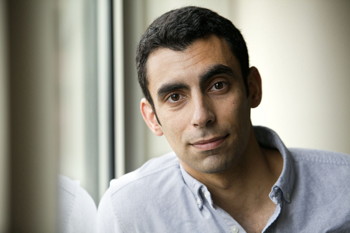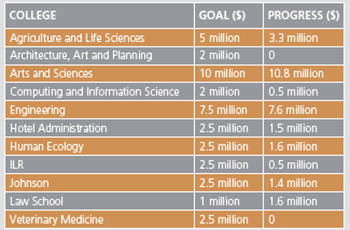FACULTY
Q&A with new members of the faculty

Eilyan Bitar See larger image
This is a continuing series of Q&As with new members of the faculty who have been appointed to permanent or term named professorships.
Eilyan Bitar
The David Croll Sesquicentennial Faculty Fellow
Assistant professor of electrical and computer engineering, College of Engineering
Why did you choose Cornell?
I was drawn to Cornell for many reasons. Beyond the rich tradition of doing impactful research in the energy and information sciences, I found the Cornell faculty across diverse disciplines to be quite collegial – a necessary ingredient for successful interdisciplinary research. And most importantly, I could not pass up the opportunity to mentor and work alongside some of the brightest students in the country!
How would you describe Cornell undergraduates?
Apart from the basic drive to excel academically, I've found the Cornell undergraduates to exhibit an intrinsic motivation to get at a deep understanding of their lecture material – a characteristic that is certainly not common to many universities. George Poyla, a famous mathematician, once said that "too often, a lecture is the process where the teacher's notes become the students' notes without passing through the minds of either." This is certainly not the case at Cornell.
What is your main research interest?
The economics, control and optimization of modern energy systems.
Read more about assistant professor Bitar in the fall 2012 issue of ECE Connections magazine.
Sesquicentennial Faculty Fellowships updateIn 2010 President David Skorton announced a $100 million Cornell Faculty Renewal Fund to enable the university to hire 100 new faculty members by 2015, with half the funding coming from philanthropy and the balance from Cornell dollars. Already, alumni and friends have donated $39 million toward the $50 million goal. The fellowships are called the Sesquicentennial Faculty Fellowships. Each of Cornell's colleges and schools has specific goals for each fellowship, and the deans have established plans to shape the colleges' futures with the injection of new faculty talent. At right is an update on individual colleges' progress toward these goals. |
